Sorry for the scarcity of posts this month. Back to back business trips have eaten up my free time, and I am still reading my current book. (Again, not a good sign). I look forward to posting more regularly very soon. In the meantime, here is a guest review of Tom Perrotta’s latest novel, The Abstinence Teacher, from EDIWTB regular Nancy West.
I was in the minority of readers disappointed by Tom Perrotta’s last novel, Little Children. As a (then) stay-at-home mother of young children in an upscale suburb, I found his depiction of stay-at-home mothers of young children in an upscale suburb to be mildly offensive and generally inaccurate – on the whole, sort of a distasteful male fantasy of what our lives are really like (in a “So what do you little ladies do all day, anyway? Catfights, lesbian fantasies and extramarital affairs?”).
And yet I’m absolutely delighted with Perrotta’s brand-new novel, The Abstinence Teacher. This time he tells a story I’ve never heard before about characters who are believable, likeable and interesting.
The title character is Ruth Ramsey, a divorced mother of two teens who teaches health education at a high school in a New England suburb. Several months before the novel begins, Ruth has been raked over the coals by the rapidly growing Christian conservative church faction in her town, the implication being that many progressive intellectual communities are facing the gradual encroachment of the Christian right. But let me repeat the first six words of that sentence again: Several months before the novel begins. Kudos to Perrotta for being a novelist skilled enough to make a fulcrum event in a character’s life occur before the start of the novel; for a more plot-driven novelist like Jodi Picoult, the fight Ramsey has with the school board over her sex education program would be the focus of the novel. Perrotta uses this past event beautifully as a touchpoint in Ruth’s backstory but not as the main action of the novel, which instead hinges upon the aftermath of Ruth’s professional trauma.
Toward the beginning of the novel, Ruth attends her pre-teen daughter’s soccer game and is shocked to catch the born-again Christian coach, Tim Mason, leading the team in prayer. Appalled, Ruth drags her daughter out of the prayer circle – causing the conflicted child endless mortification – and begins threatening legal action against the soccer league. The praying dad is, after all, a member of the same group that nearly cost Ruth her job a year earlier when she made the humorously innocuous statement to a class of teens that “some people enjoy sex.” Following the soccer field confrontation, we learn what brought the coach-dad to this point in his life – he has an interesting and complex backstory and is no two-dimensional Ned Flanders – and we watch Ruth become increasingly discouraged by her attempts to hold on to a sense of her own moral righteousness, especially once both her daughters announce that they too might join the conservative Christian movement in their town.
What makes this novel so engaging is not the plot but the wonderfully interesting characters and the complicated decisions they make. But even more poignant than Ruth’s search for post-divorce romance or Tim’s ambivalence over his new marriage and relationship to his ex-wife and daughter is the governing theme of divorced parents in the suburbs trying to cope with exes, children and new families. As soccer parents ourselves, my husband and I have more than once seen the extremely emotional tableau of a kid in the midst of a Saturday morning game suddenly distracted by the parent he has not seen in several days appearing on the sidelines. At a kids’ baseball game we attended last summer, a grandfather good-naturedly teased a mom he didn’t know for hugging and kissing her 8-year-old son just before he took the pitcher’s mound. “No kissing the pitcher!” he joked. She smiled ruefully and said, “I haven’t seen the pitcher in five days.” Parents divorce, are separated from their children for days on end even while living in the same town, wrangle over rules, extracurricular activities and vacation plans with their exes, meet new spouses, start new families. This, more than anything in Perrotta’s Little Children, is a fascinating element of modern-day life in the suburbs. This time he has served up a new, interesting, engaging story.

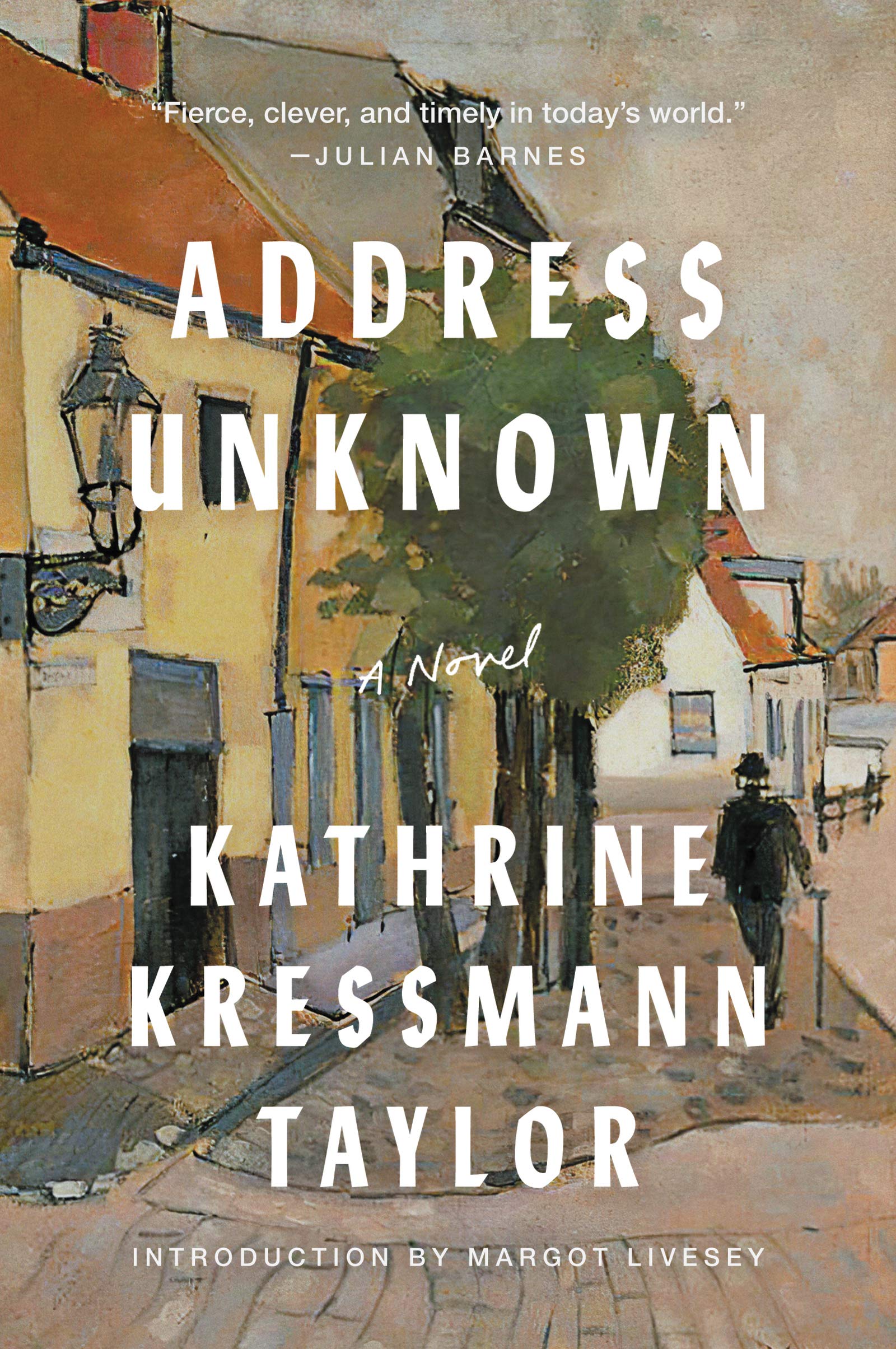

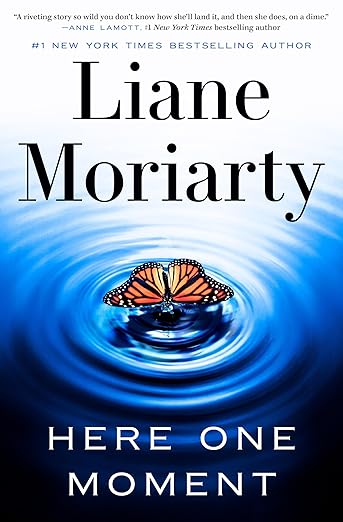
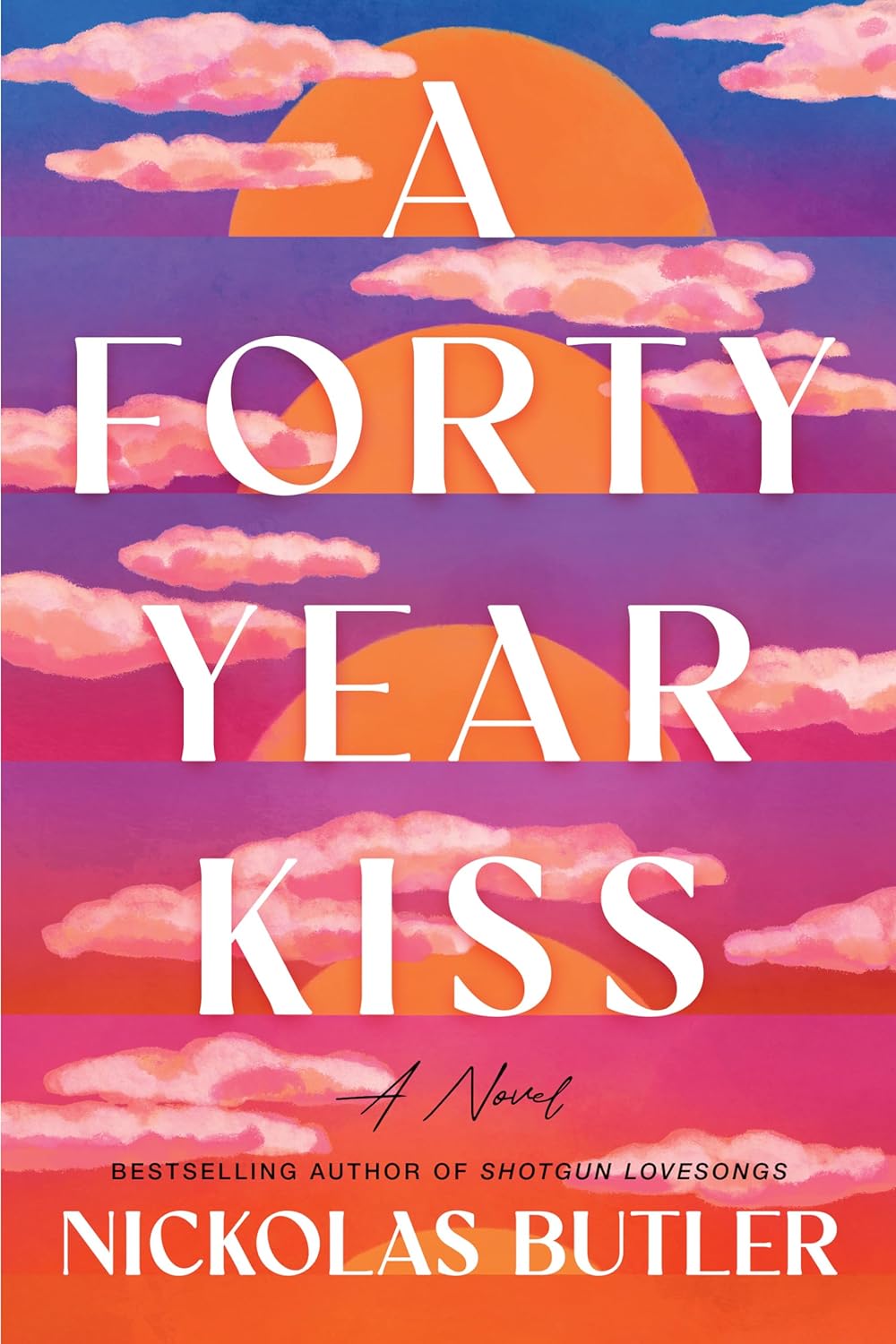
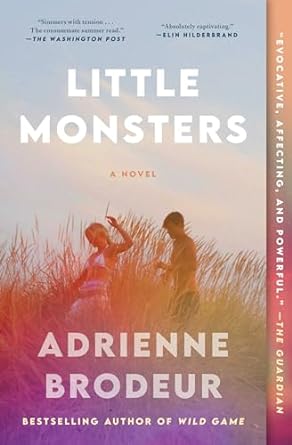
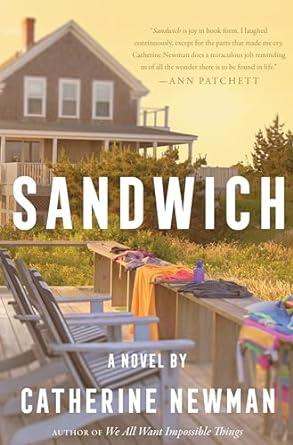
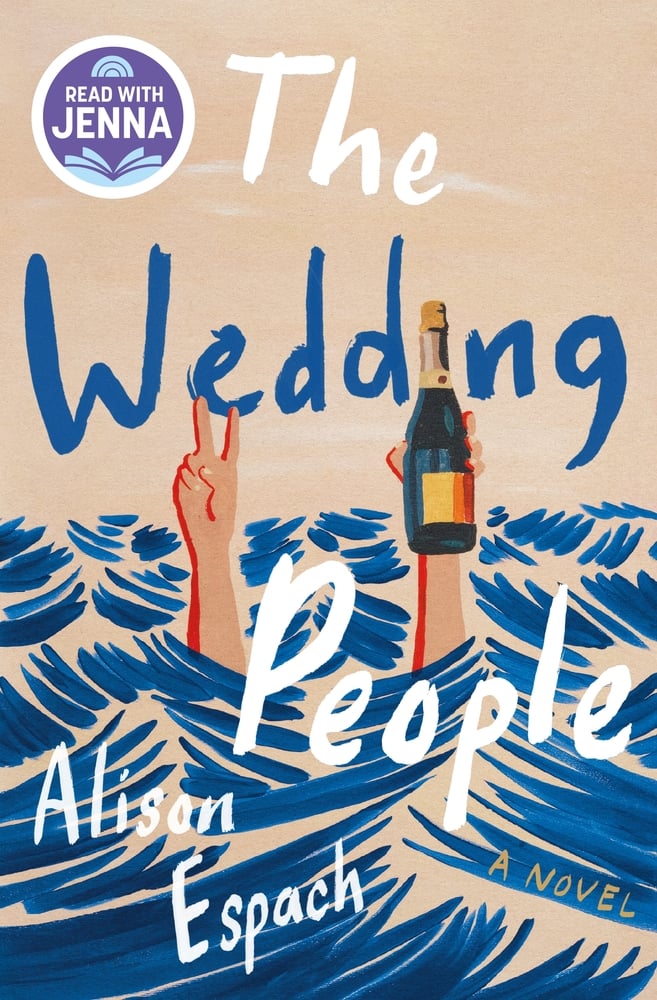

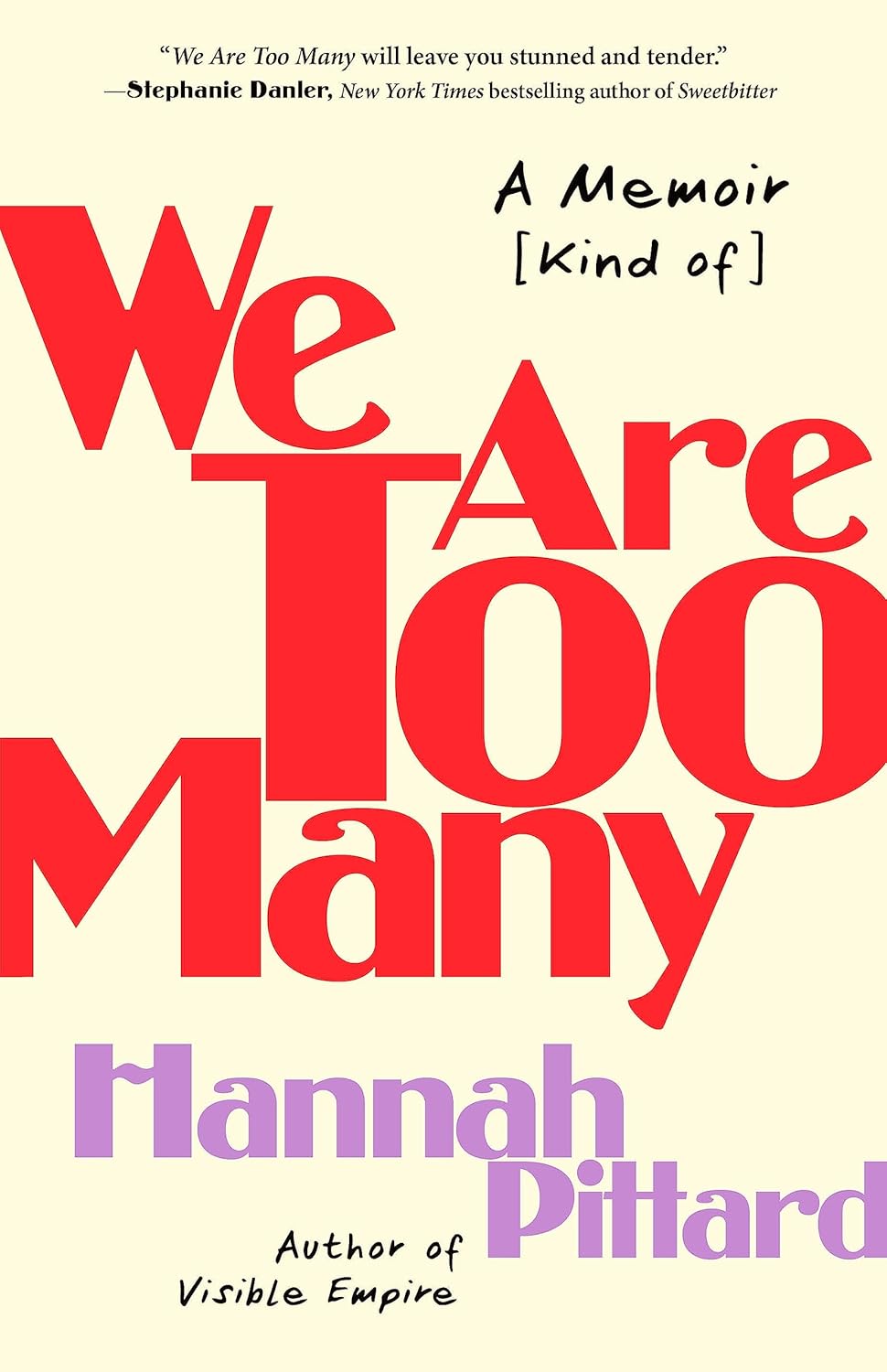
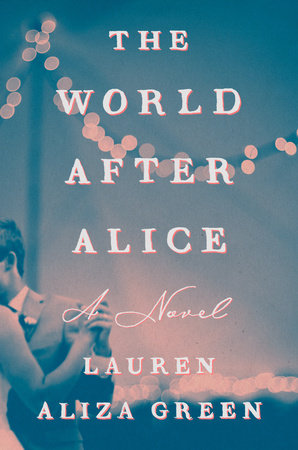
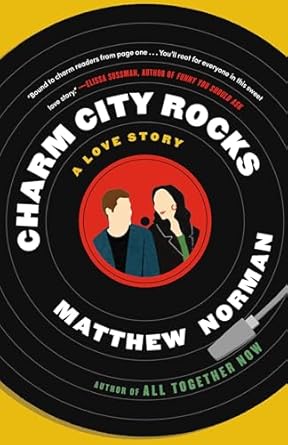




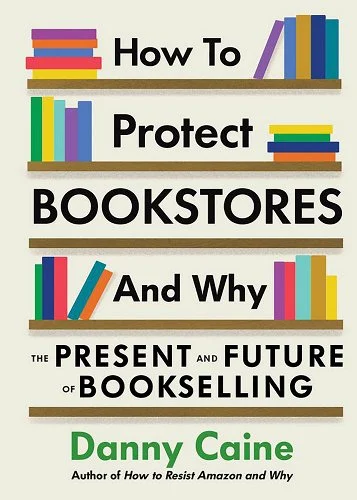
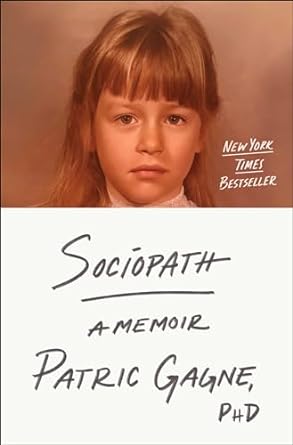
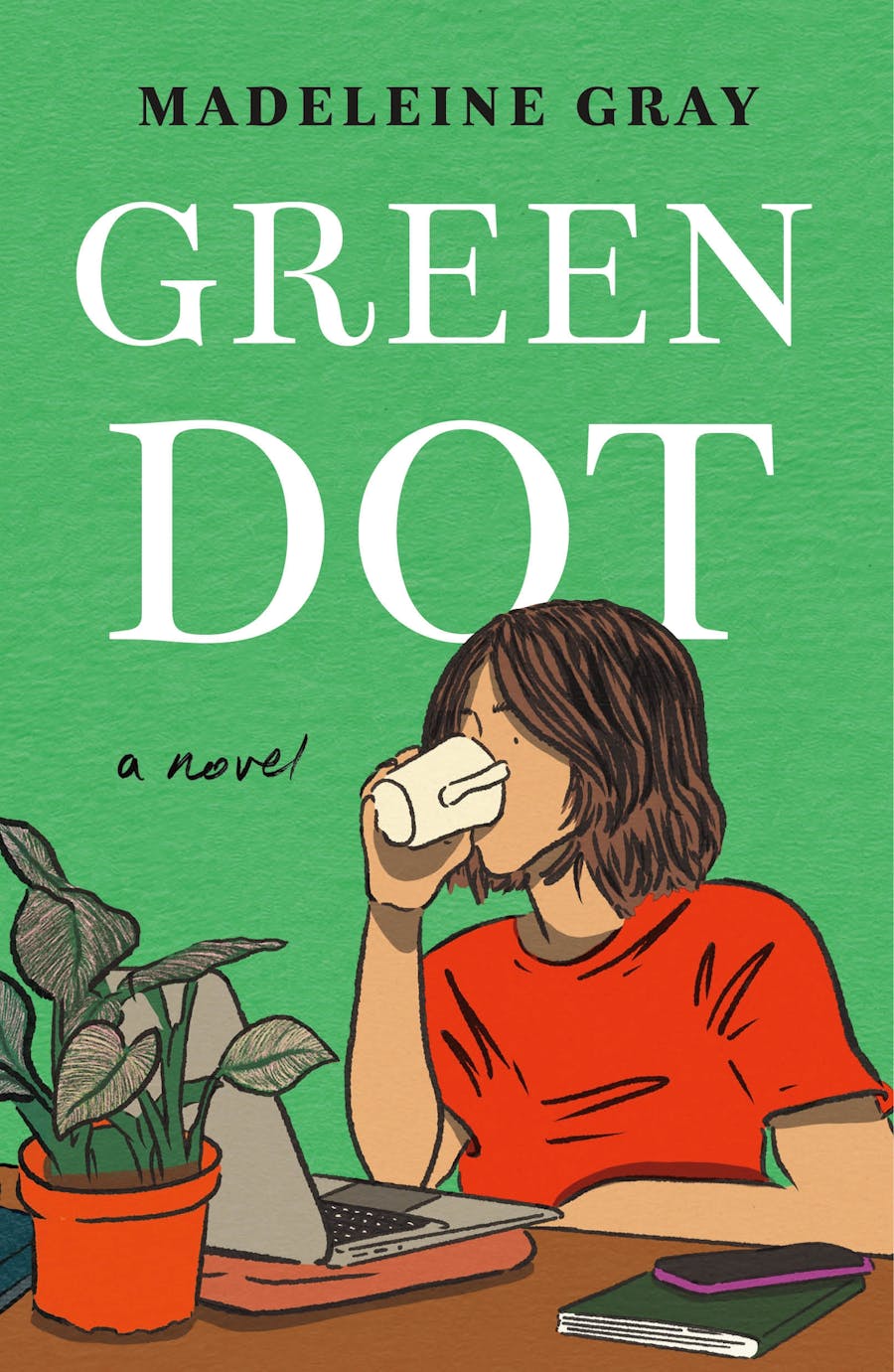


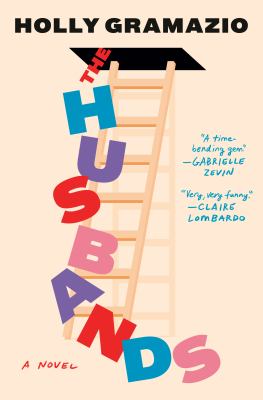
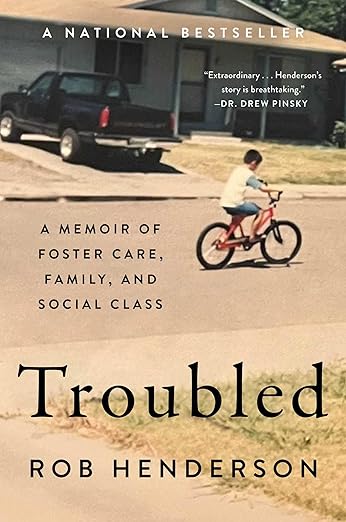
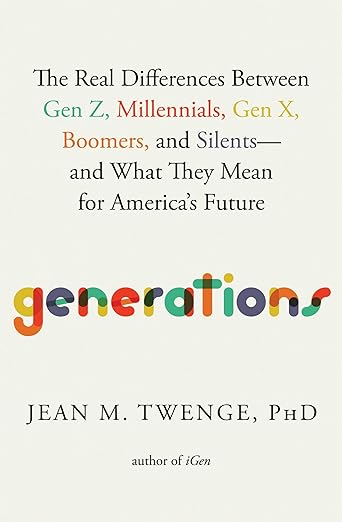
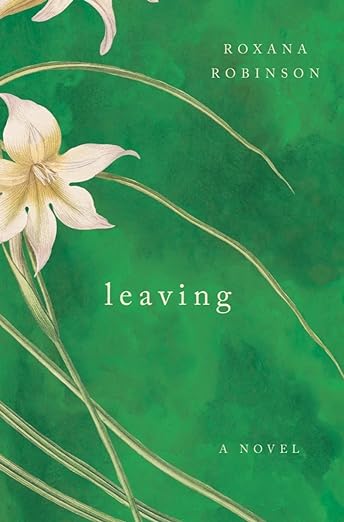
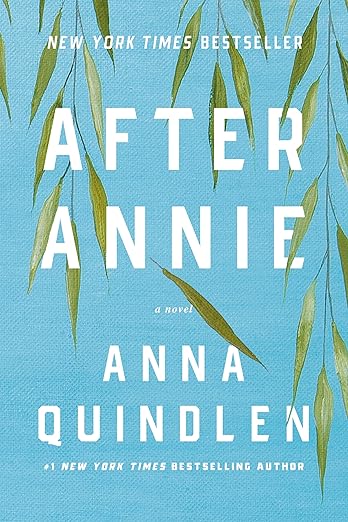
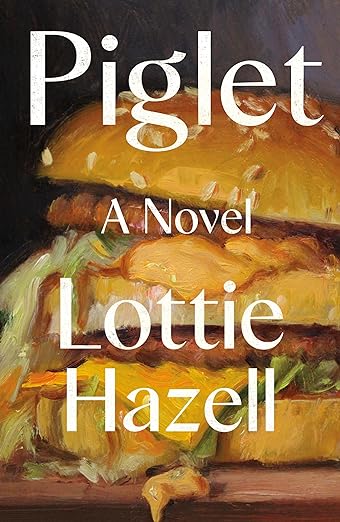

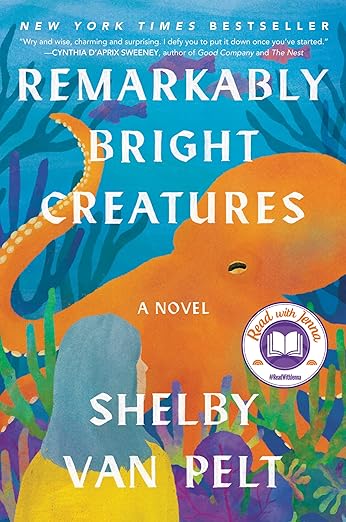
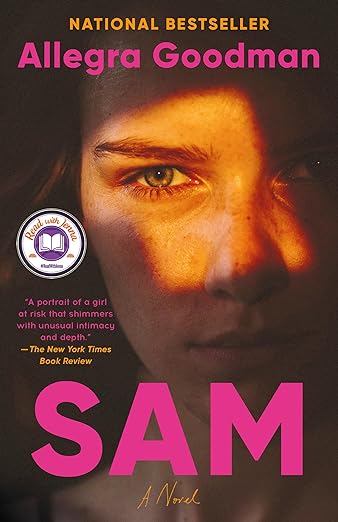
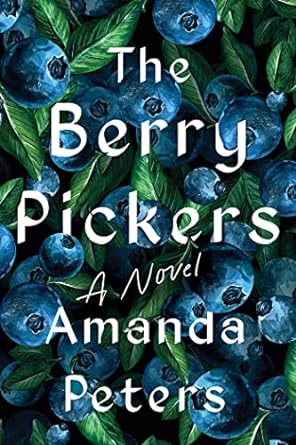
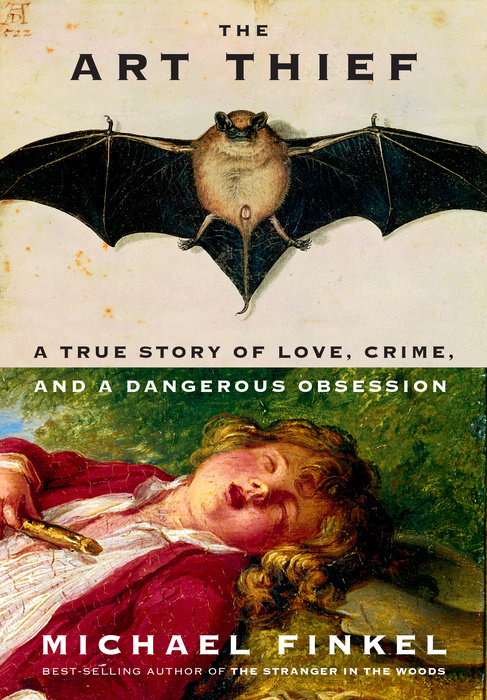

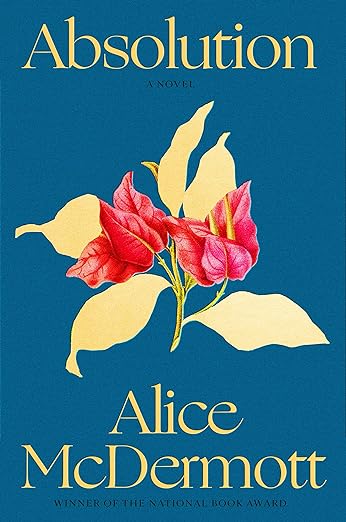
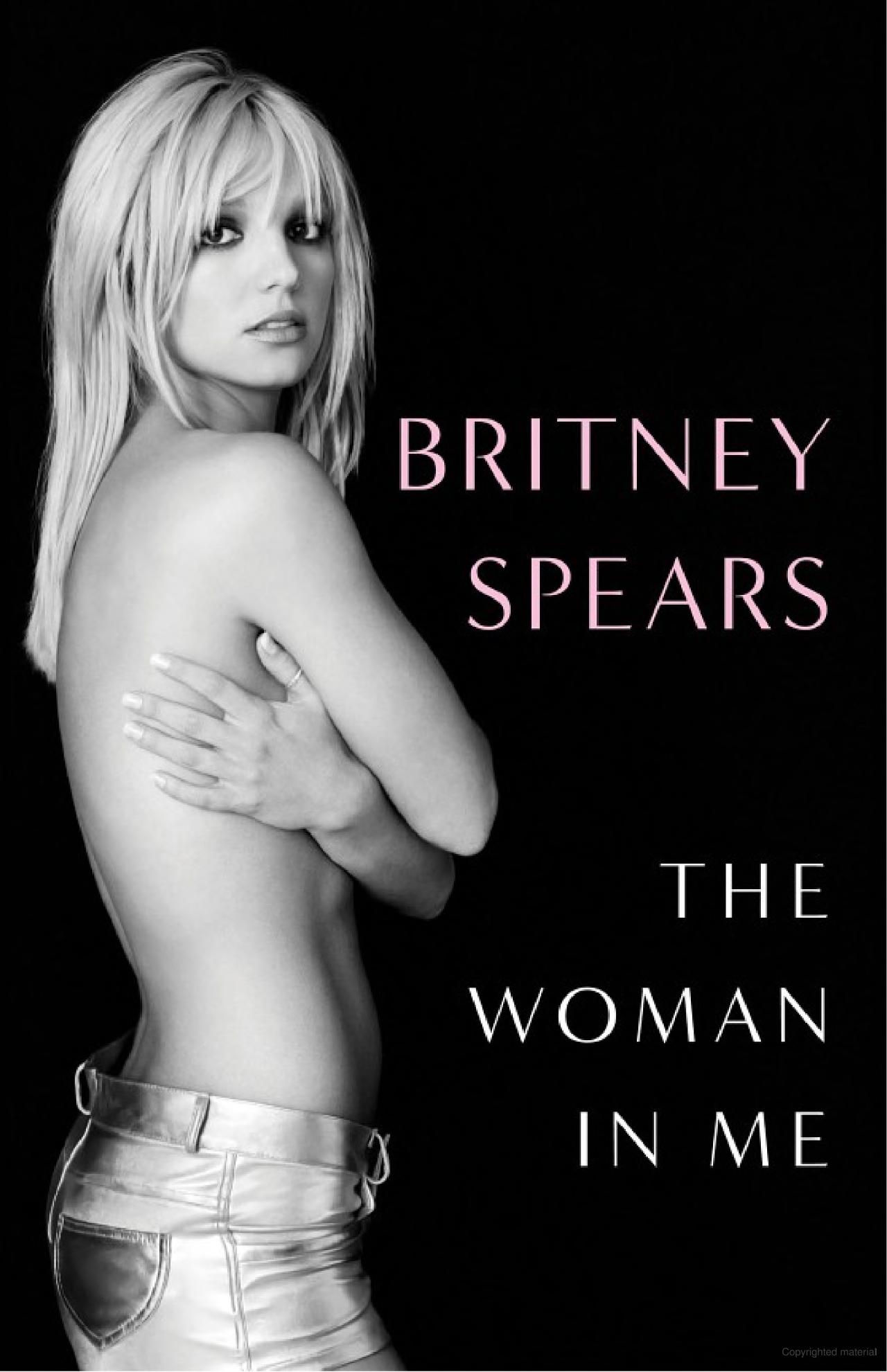

About Me
I have been blogging about books here at Everyday I Write the Book since 2006. I love to read, and I love to talk about books and what other people are reading.